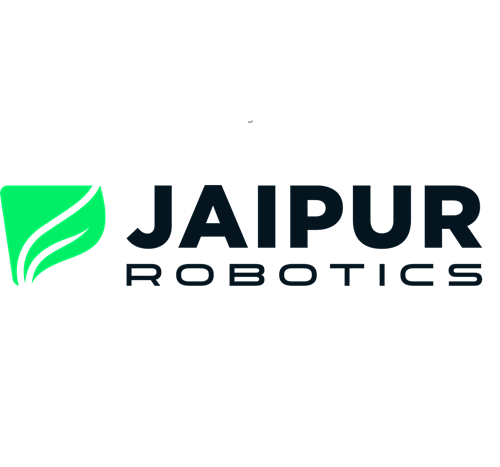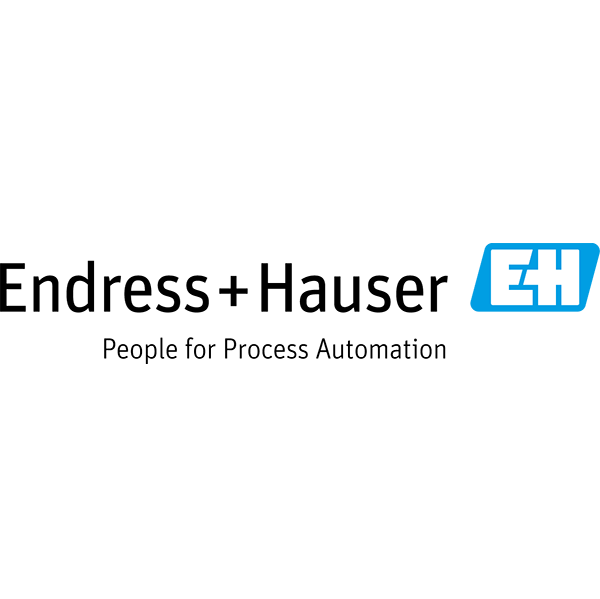Milestone order for Magaldi. The Ecobelt® WA technology seduces the Land of the Rising Sun.
On August 2019, Magaldi Group and KHI signed a contract with the Kyoto City management to equip the urban Waste-to-Energy plant with the Ecobelt® WA technology.
After the successful projects carried out in Europe, Magaldi was requested to bring its extensive know-how in dry bottom ash handling to retrofit the wet system in the Japanese WtE plant.
The Kyoto City Northeast Clean Center is equipped with two grate firing boilers (7.5 MWe each) burning 233,000 tonnes per year of municipal solid waste and producing a bottom ash rate ranging from 1.5 up to 7 t/h.
Currently the boilers are fitted with a wet system provided with several conveyors up to the final discharge point. The configuration designed by Magaldi is definitely simpler and consists of one conveyor for unit# 1 and two conveyors – one after the other – for unit #2.
The crucial factors that tripped the balance in favour of awarding the retrofit project to Magaldi were the drastic reduction in water consumption, the increased availability of the bottom ash handling system and a more effective metal separation ensured by the Ecobelt® WA technology.[nbsp]
The latter allows the dry removal of hot bottom ash from grate boilers. By replacing the use of water with air as primary cooling medium, the result is an effective environmental risk mitigation and lower O[&]M costs because there is no need to dispose of or treat water.
Entirely enclosed in a dust-proof steel casing to prevent any spillage of material into the environment, the Ecobelt® WA promotes an intimate contact between air and ash particles, that maximizes the cooling process and the unburnt carbon conversion.
Ambient air used for ash cooling can be injected into the combustion chamber so that the relevant amount of energy, mainly in the form of ash sensible heat, can be recovered to increase the boiler efficiency.
Furthermore, the Ecobelt® WA system increases the yields of the downstream metals recovery process. As slag is discharged without the use of water, metals are neither quenched nor introduced to an alkaline environment, thus providing high-quality raw materials. In addition, the mineral fraction of bottom ash is not lumped together, making later separation of metals and mineral fraction easier and more effective.
For the Kyoto Clean Center project, handover to the customer is scheduled for July 2020 for unit #1 and May 2021 for unit #2 while start-up is scheduled respectively for May 2021 for unit #1 and March 2022 for unit #2.


